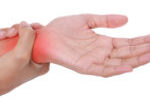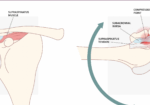Keeping Occupation Based Interventions in Hand Therapy
By: Tristany Hightower
Are your treatments occupation based? Do you tailor your activity choices to fit the needs of each patient? As occupational therapists, we should be specialists in creating goals and interventions that are directed at returning our patients to meaningful occupations.
Too often, hand therapy can reduce to simple exercises to address the base components of strength, range of motion, sensation, etc. But, without consideration of the end occupational needs of the patient.
Occupations based therapy can include many options that are either readily available in the clinic or easy to acquire.
Buttons can be used to prepare for a return to independent dressing and fine motor coordination.
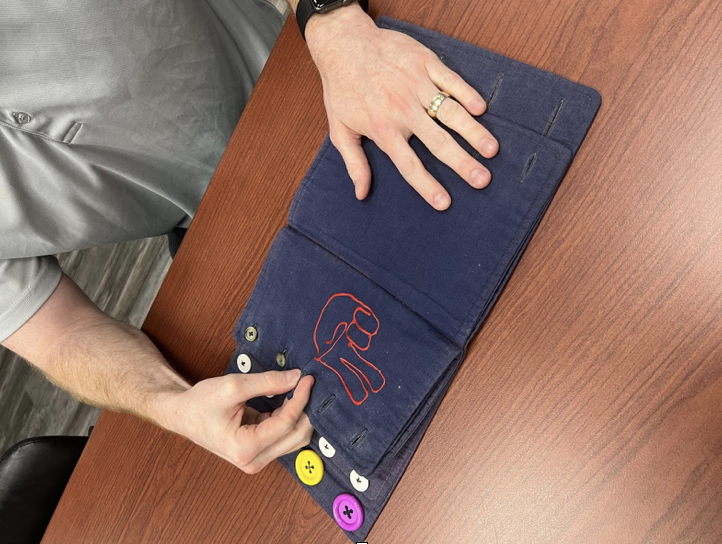
Nuts and bolts from the hardware store will help a mechanic return to coordination and, when used with vision occluded, will improve stereognosis.
Using cooking tools like a spatula or rolling pin will improve IADL return and improve motivation for recovery and HEP activities.
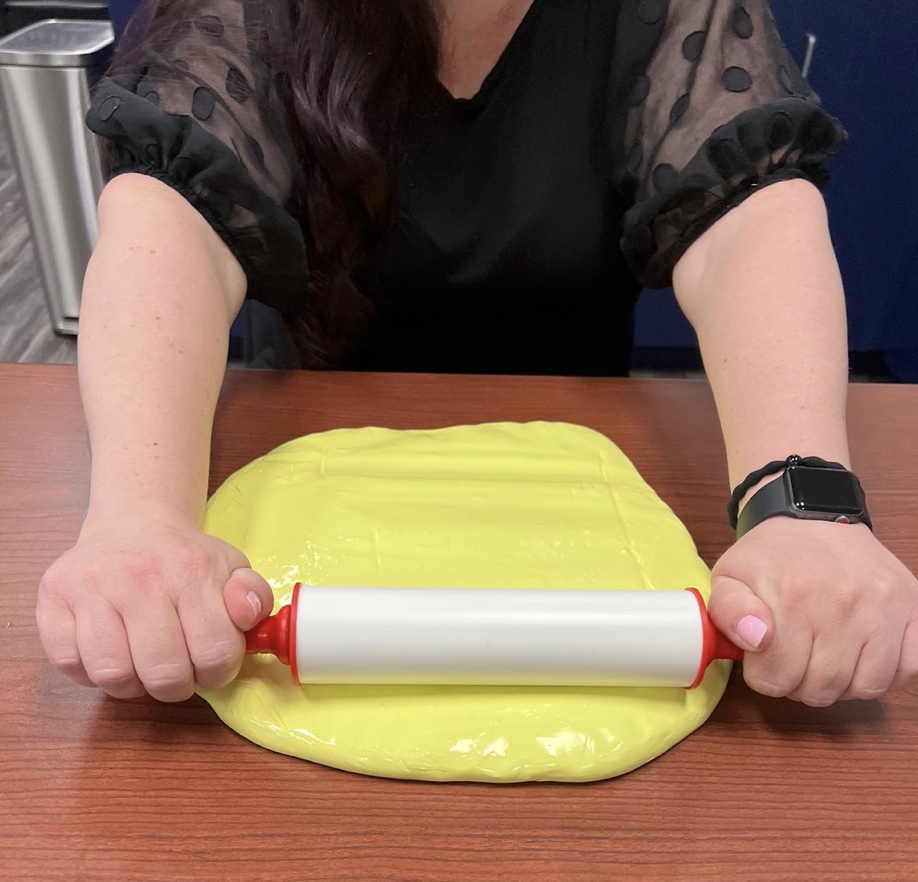
Connectors and pipe lengths of PVC can be a fun assembly task for grasp strength and return to work-related tasks.
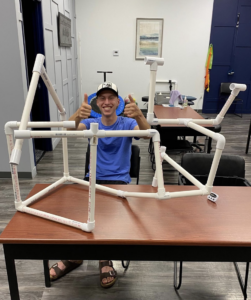
A 2×6 board with predrilled holes can be used to help a carpenter return to managing power and hand tool to put screws into the holes.
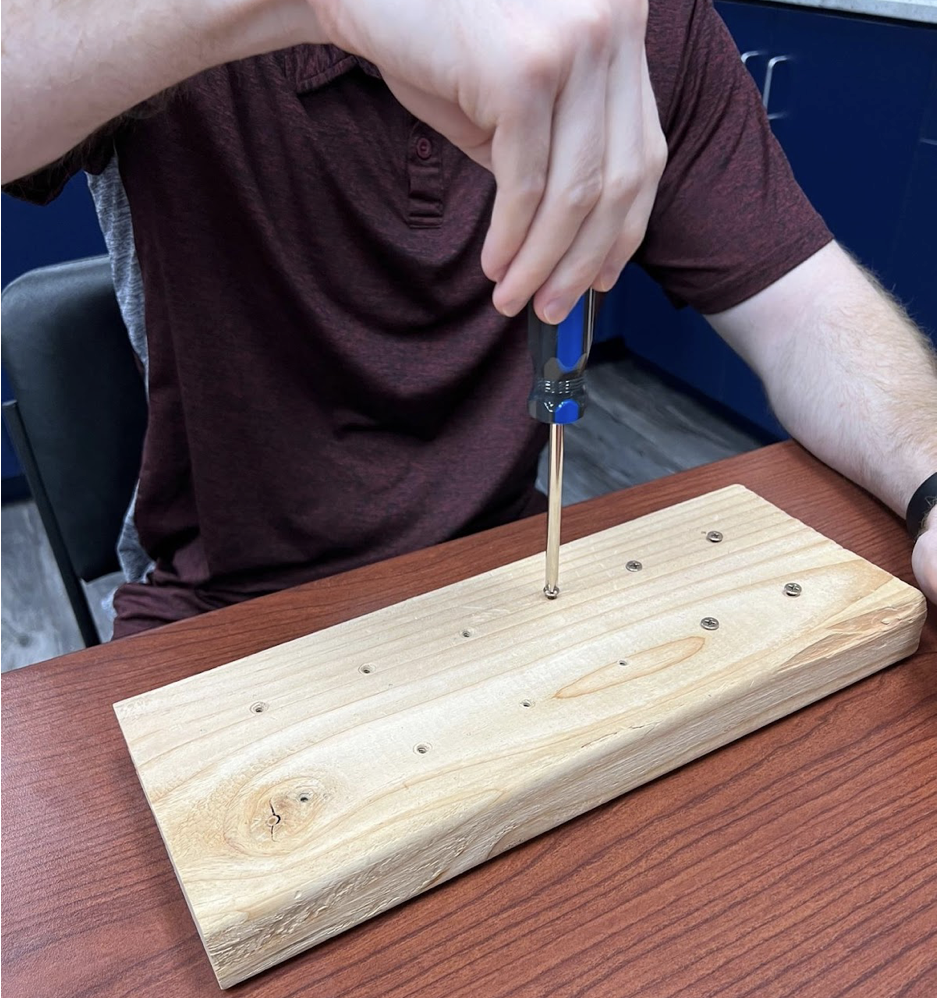
Stamps and paper stock can simulate a craft activity for patients to return to hobby crafts and creative tasks.
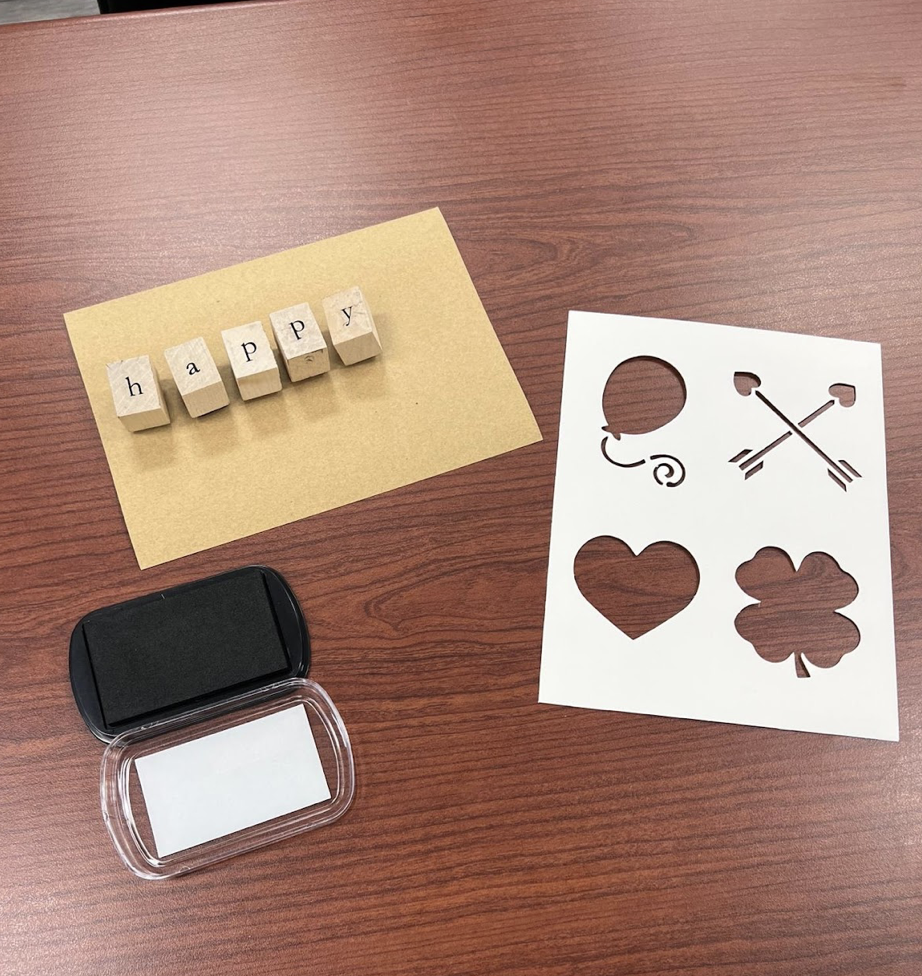
As OTs and hand therapists, your patients will be much more invested in their care and goals if their care plan focuses on their meaningful occupations. Include an occupational profile in your evaluations, get to know their work, recreation, and family-based priorities, and shape your activities to reflect the patient’s occupation-based goals.
More To Read
EDS 101: Understanding Hypermobility in the Hand Therapy Setting
EDS in the Hand Therapy Setting General Overview:Ehlers Danlos Syndrome (EDS) is a group of heritable connective tissue disorders caused bygenetic changes that affect collagen production, the protein responsible for strength and elasticityin skin, ligaments and tendons (The Ehlers Danlos Society, 2016). There are thirteen forms of EDS that each have their own set of…
3 Common Reasons for Ulnar-Sided Wrist Pain and Non-Surgical Hand Therapy Treatment Options
3 Common Reasons for Ulnar Sided Wrist Pain
Shoulder Pain: The Effectiveness of Conservative Treatment
Reference: Steuri, R., Sattelmayer, M., Elsig, S., Kolly, C., Tal, A., Taeymans, J., & Hilfiker, R. (2017). Effectiveness of conservative interventions including exercise, manual therapy and medical management in adults with shoulder impingement: a systematic review and meta-analysis of RCTs. British journal of sports medicine, 51(18), 1340–1347. https://doi.org/10.1136/bjsports-2016-096515 By: Tayler Roost The Skinny: This study…
Mechanism of Interneural Edema in Carpal and Cubital Tunnel
Mechanism of Interneural Edema Over the last few weeks I have been learning about ultrasonic imaging and carpal tunnel syndrome. When reviewing carpal tunnel syndrome, I learned that intraneural edema is a common sign of compression injuries such as carpal tunnel and cubital tunnel. There are numerous causes of carpal tunnel syndrome, and every scenario…
Sign-up to Get Updates Straight to Your Inbox!
Sign up with us and we will send you regular blog posts on everything hand therapy, notices every time we upload new videos and tutorials, along with handout, protocols, and other useful information.



